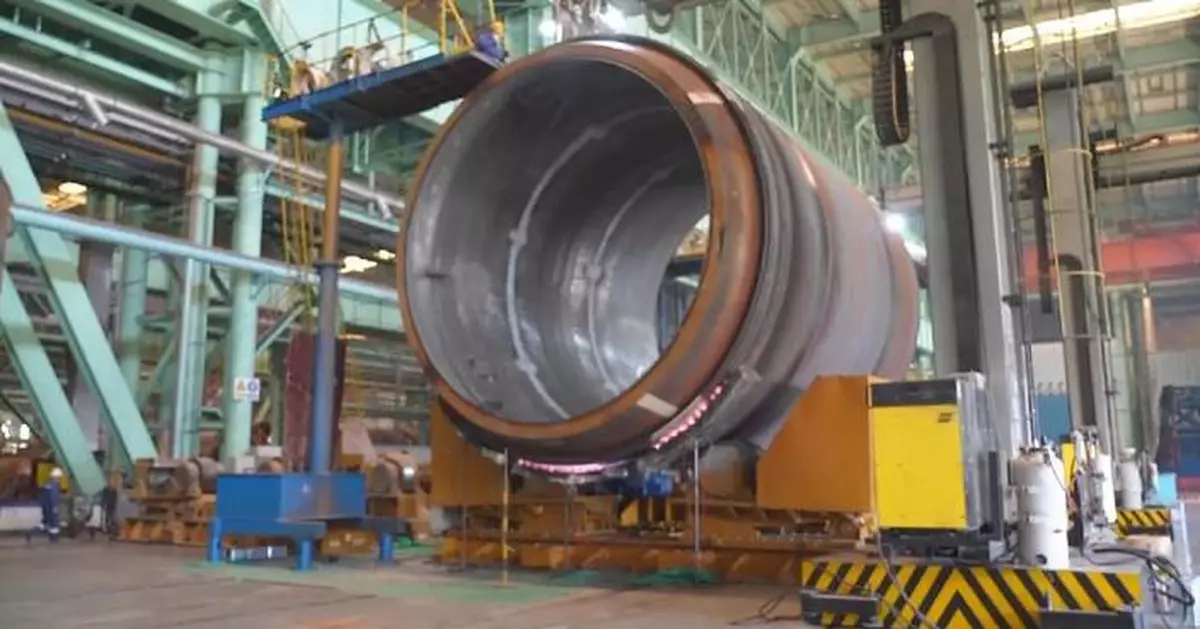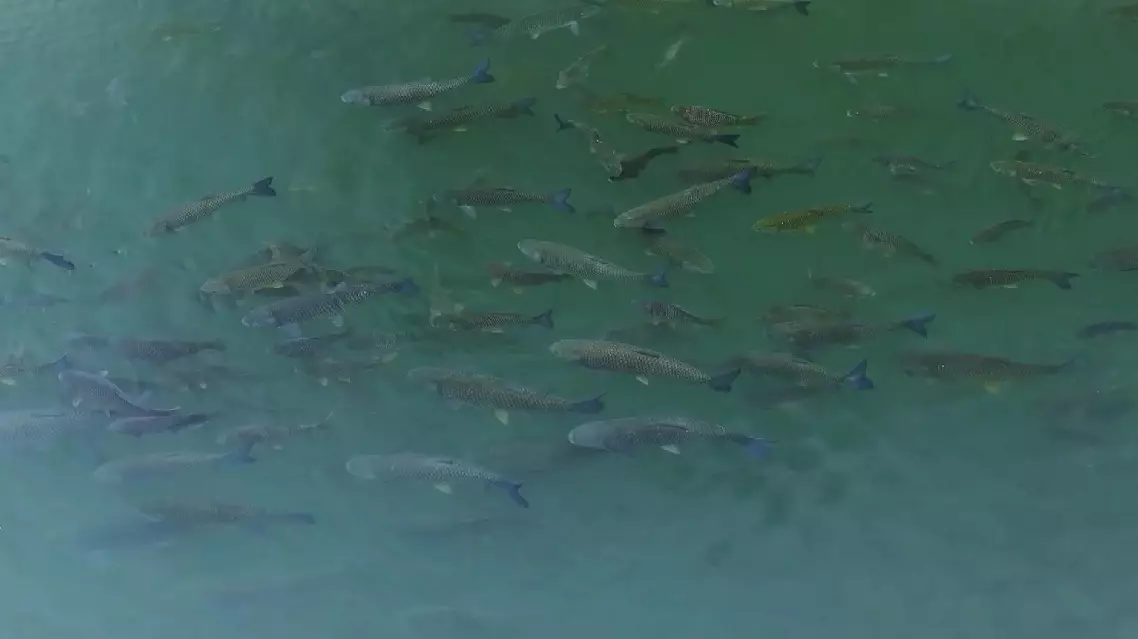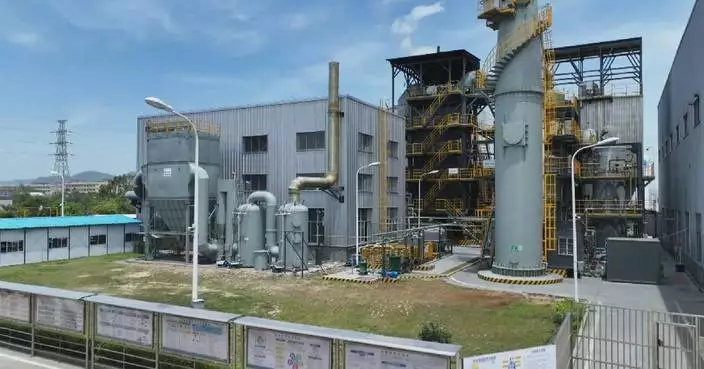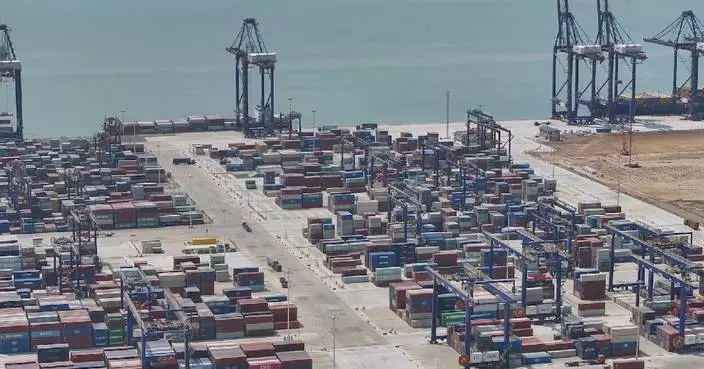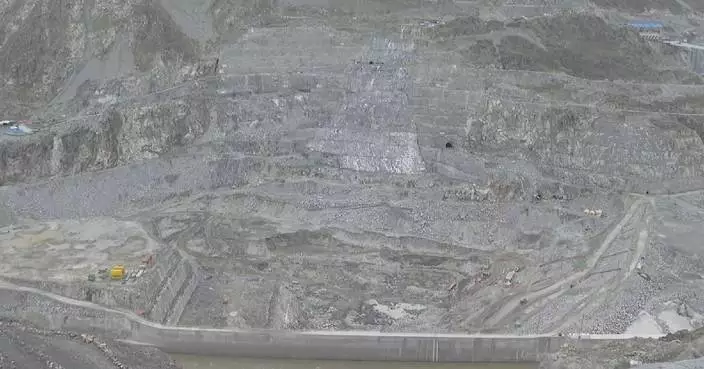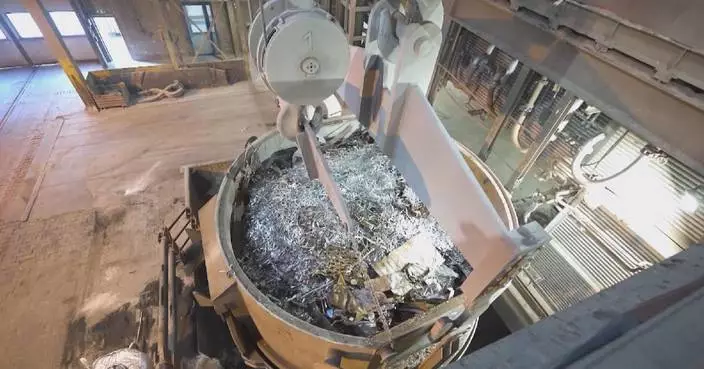One of the oldest state-owned-enterprises (SOEs) in northeast China has boosted self-sufficiency in high-end manufacturing through reforms.
From rookie to pro, mechanic Gui Yusong now represents the country's most skilled workforce after 30 years of hard work and dedication. He is in charge of fine machining of rotors for the country's most advanced nuclear power plant.
When talking about his achievements, he gave credit to the "master and apprentice" reform.
"There is a saying in China: 'The apprentice will replace the master after learning'. But that is not the case in our workshop. I was also taught by the master. But if I completely copy my master's mode of operation for today's processing method, it may not work," said Gui.
The "master and apprentice" reform rolled out by the company back in 2016 is a scheme that pairs up a veteran mechanic with a rookie. Senior workers were acknowledged for their skills and experience, while the apprentices were shown that the company cares.
Founded in 1954, China First Heavy Industries Group is known as the pillar of the country's heavy machinery equipment production in the planned economy era.
However, the legacy of the Soviet-style industrial model began to crumble as China stepped into a market economy in the 1980s. As a result of the laggard management systems, the company was not as productive and innovative as private firms, suffering from over-capacity and debt.
The "master and apprentice" was just one of the many sweeping reforms which the SOE has introduced. The company was serious about breaking the vested interests for the greater good.
Liu Maojun, human resources manager of China First Heavy Industries Group in Qiqihar City of northeast China's Heilongjiang Province, said that in one of the subsidiaries, the whole management team was removed because it failed to meet the target for several years. That was something very rare in a SOE. Later, every employee was given the opportunity to compete for a post in the management.
These reforms started to pay dividends. Early this year, the largest hydrocracker reactor ever manufactured in the world was completed by the company. The handover of the 3000-ton iron giant has broken many world records for forging, welding and delivery.
Welding engineer Zhu Lin and his team performed a consistent, precise, and reliable weld throughout the entire operation. Soon, Zhu was promoted as section chief in the workshop.
"We've introduced five promotion schemes that cover the divisions of management, technology, skill, marketing and Party affairs. Every type of talent can be promoted through these five channels," said Liu.
For decades, China has relied heavily on foreign technologies to build the more sophisticated processing units that can convert the country's heavy crude oils into various petrochemical products. The 3000-ton domestically built hydro cracker reactor helps double down efforts to reduce such reliance.
"The hydrocracking reactor is the pearl of oil refining industry. This is the most core, critical, and technically difficult equipment in the entire refining industry. It was completely dependent on imports until the 1990s," said Zhang Lin, deputy chief engineer of China First Heavy Industries Group in Dalian City of northeast China's Liaoning Province.
China's northeast was one of the main engines of national growth in the planned economy era and home to much of the country's heavy industry. The reforms that the company has carried out set an example of how a market-driven approach in human resources and industrial upgrading can help revitalize the country's SOEs.
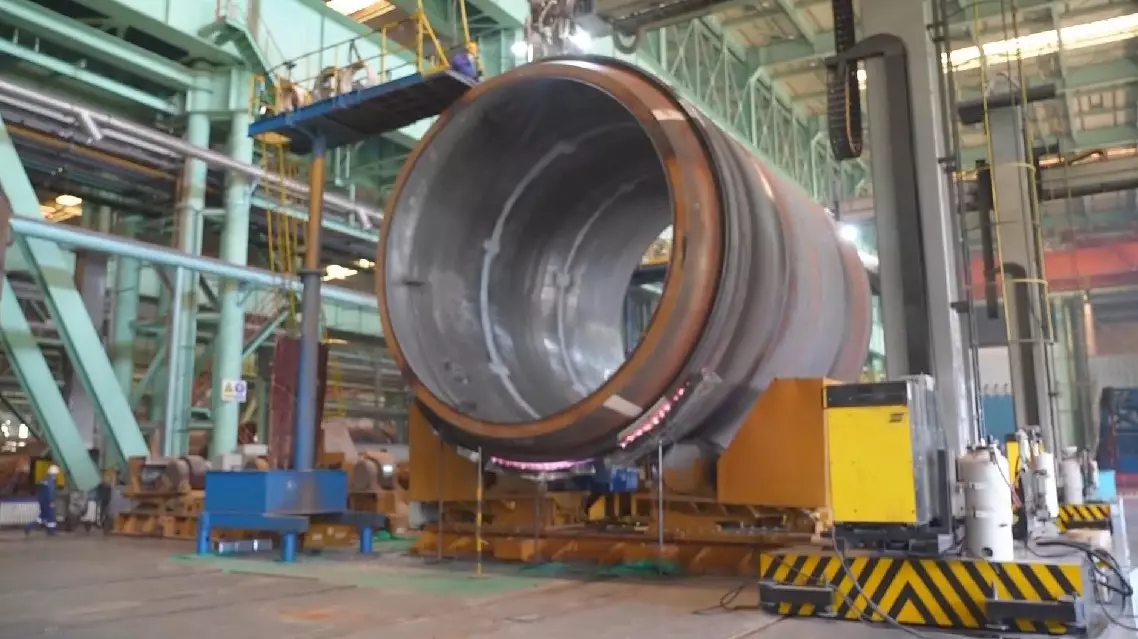
China's state-owned enterprise promotes self-sufficiency in high-end manufacturing through reforms
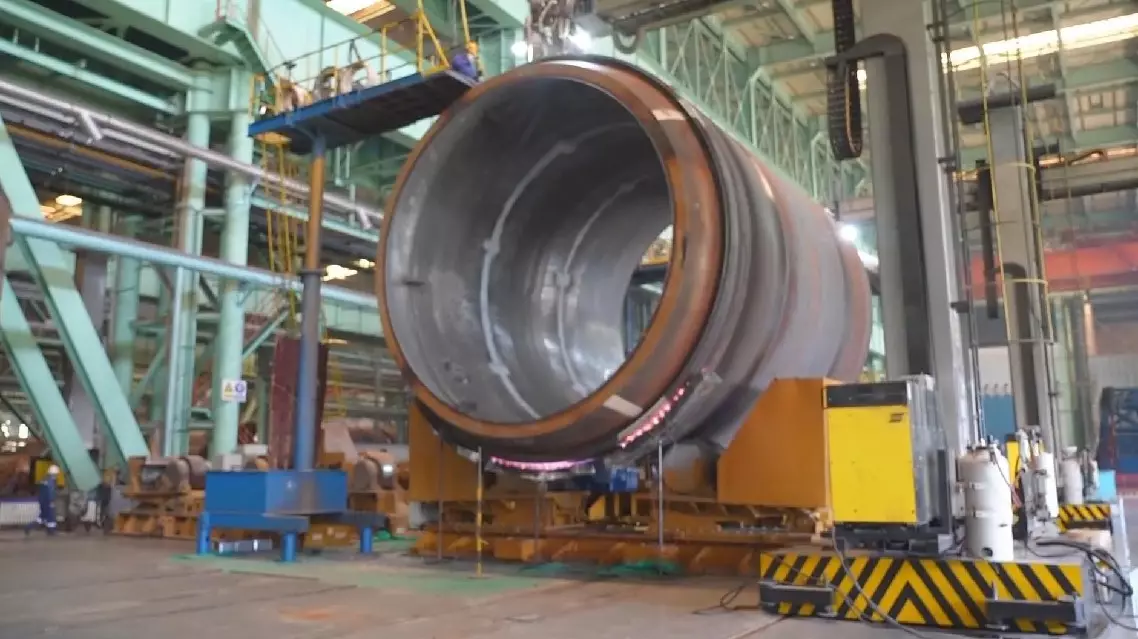
China's state-owned enterprise promotes self-sufficiency in high-end manufacturing through reforms


